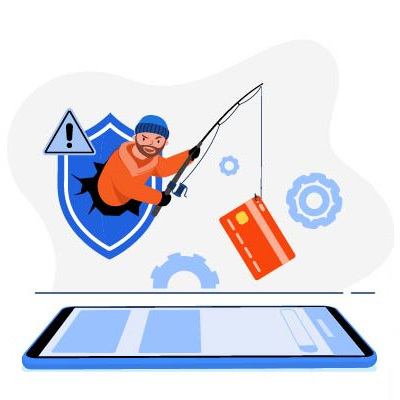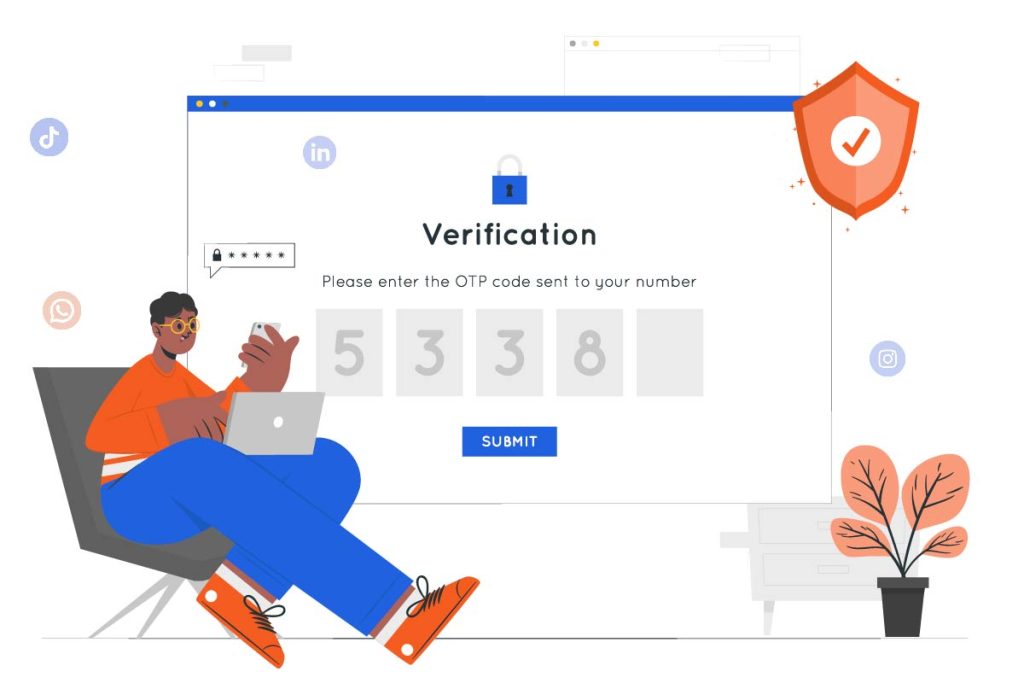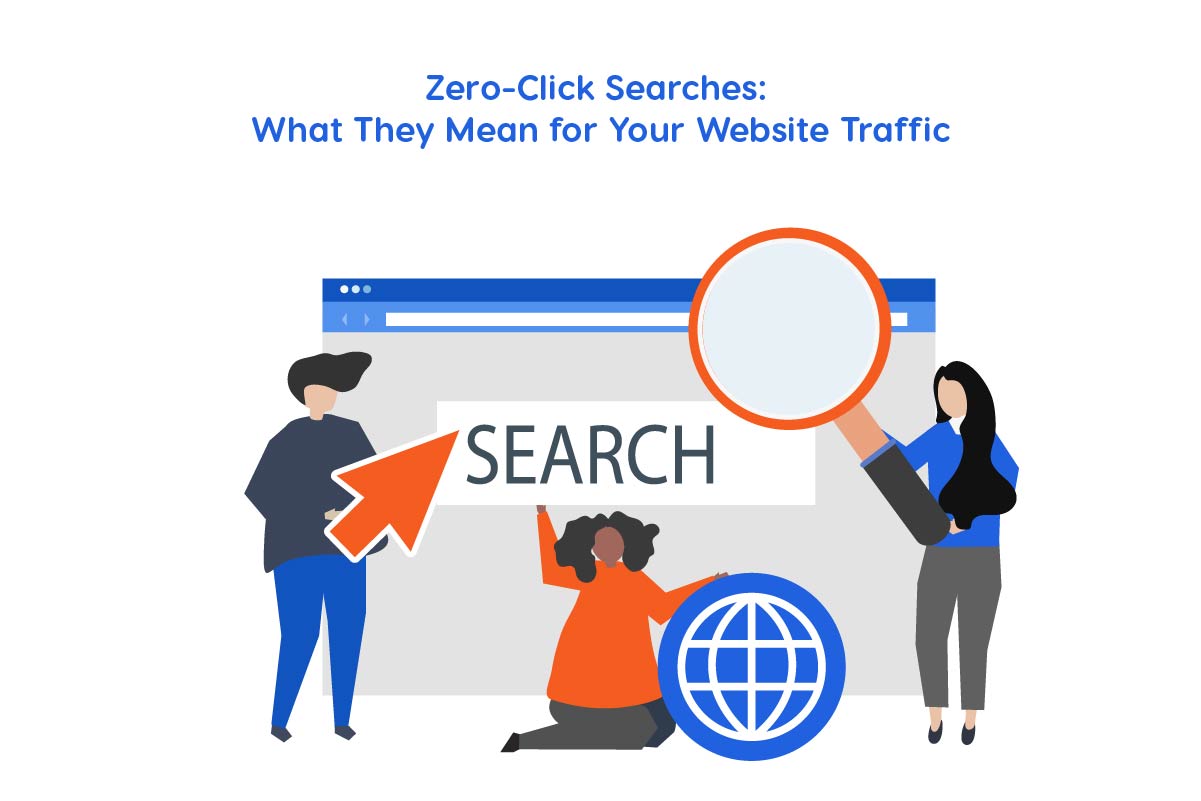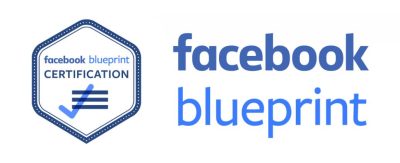In recent weeks, cybersecurity experts and government authorities in Pakistan have issued strong advisories urging citizens to update their social media passwords immediately. This widespread alert has stirred both concern and confusion across the country with many wondering what triggered such a warning and whether their online identities are at risk. Pakistan’s National Cyber Emergency Response Team (NCERT) has advised citizens to change all their social media passwords after a major global data leak exposed 184 million unique account credentials. In an advisory issued on Monday, the body said that the breach exposed usernames, passwords, emails and associated URLs tied to services from Google, Microsoft, Apple, Facebook, Instagram, Snapchat, as well as government portals, banking institutions and healthcare platforms worldwide. In this thorough article, our Tashheer research team has a detailed breakdown of the situation, what led it and how Pakistanis can protect themselves.
The Trigger: A Massive Data Breach Warning
The primary reason behind the current push to update social media passwords is the growing fear of a potential data breach affecting millions of Pakistani users. While there has been no official confirmation of a massive cyberattack, multiple cybersecurity watchdogs and digital rights organizations have reported suspicious activity involving leaked credentials and login attempts from foreign IP addresses.
PakCERT (Pakistan Computer Emergency Response Team), a leading cybersecurity organization, recently detected a surge in dark web activity involving Pakistani user credentials especially from platforms like Facebook, Instagram, Twitter (now X) and LinkedIn. These credentials are reportedly being sold or exchanged on hacker forums, putting countless accounts at risk.
Details of the threat
The NCERT advisory warns that this breach is very serious. It happened because information-stealing malware collected sensitive data, which was then stored in an online database without any password protection. This means anyone with internet access could view it. The leaked data includes login details for major social media platforms, companies, government offices and banks, so, there is a need to follow top tips to secure your social media accounts. The attack was simple; once a person’s device was infected with malware, their information was collected and made public without any barriers. This threat is considered high-risk and involves data theft, stolen login credentials and malware. Government agencies, banks and even patient health data are at risk. Businesses may also face major problems if their internal systems and data are exposed.
Government Advisory and PTA Involvement
The Pakistan Telecommunication Authority (PTA) and the Federal Investigation Agency’s Cybercrime Wing have both issued precautionary alerts. According to their statements, there has been an increase in cybercrime reports involving social media accounts being hijacked, misused or locked due to unauthorized access.
The government’s advisory includes:
Why This Matters Now: The Broader Context
Several factors have made this issue more urgent:
Political Tensions and Digital Manipulation

With ongoing political instability and heightened scrutiny of online discourse, social media accounts have become hotbeds for propaganda, misinformation and surveillance. Hackers exploiting this climate could manipulate accounts to spread false narratives or incite unrest.
Rise in Cybercrime in Pakistan
According to the FIA, Pakistan has witnessed a sharp increase in digital crimes over the past two years. These include:
Use of Outdated Cyber Hygiene
A large portion of internet users in Pakistan still rely on weak, easily guessable passwords. Additionally, many do not regularly update their login details or use proper security protocols, making them easy targets for hackers and phishing schemes.
Who Is Most at Risk?
While all users are advised to take precautions, certain groups are more vulnerable:
- Influencers like skincare influencers etc and journalists, whose accounts have a wide reach and can be misused to spread misinformation.
- Businesses and e-commerce sellers, whose social media presence often includes links to payment gateways or customer data.
- Students and professionals who store sensitive personal information or credentials online.
What You Should Do Now?
The NCERT has given a strong warning asking everyone to change their passwords right away and to use strong, different passwords for all social media and important online accounts. It also recommends turning on multi-factor authentication (MFA) which adds an extra step to keep your accounts safe. Be very careful with strange emails, messages or phone calls; they could be scams. People are also told to check their account activity regularly to make sure no one else has logged in without permission. Since this is a global threat, people and businesses in Pakistan are at a higher risk of being targeted. Some important tips from the advisory include:
Change Your Passwords
Turn on Two-Factor Authentication (2FA)
Check Account Activity
Be Wary of Phishing Links
Use a Password Manager

For Organizations
Companies should:
By following these steps, both individuals and organizations can protect themselves from online threats.
The Bigger Picture: A Call for Digital Literacy
This incident shows the urgent need for digital literacy in Pakistan. With internet penetration growing rapidly and millions of young people joining platforms like TikTok, Instagram and Facebook, the risks of misuse and cyberattacks have never been higher, as social media is affecting people of all ages. There is a pressing need for:
- Cybersecurity awareness campaigns in schools and universities.
- Stricter enforcement of Pakistan’s Prevention of Electronic Crimes Act (PECA).
- Collaboration between the tech industry and government to ensure safer digital spaces.
Final Words
The call to update social media passwords may seem routine but it reflects a larger threat looming in Pakistan’s digital industry. In this detailed article, our Tashheer research team explains why people in Pakistan are being asked to update their social media passwords now. Whether or not a large-scale breach has occurred, the warning serves as a critical reminder: in a world where our identities, relationships and even finances are tied to our online presence, security is not optional; it’s essential. By taking the recommended steps today, Pakistanis can safeguard their digital footprints and contribute to a more secure online environment for all.





